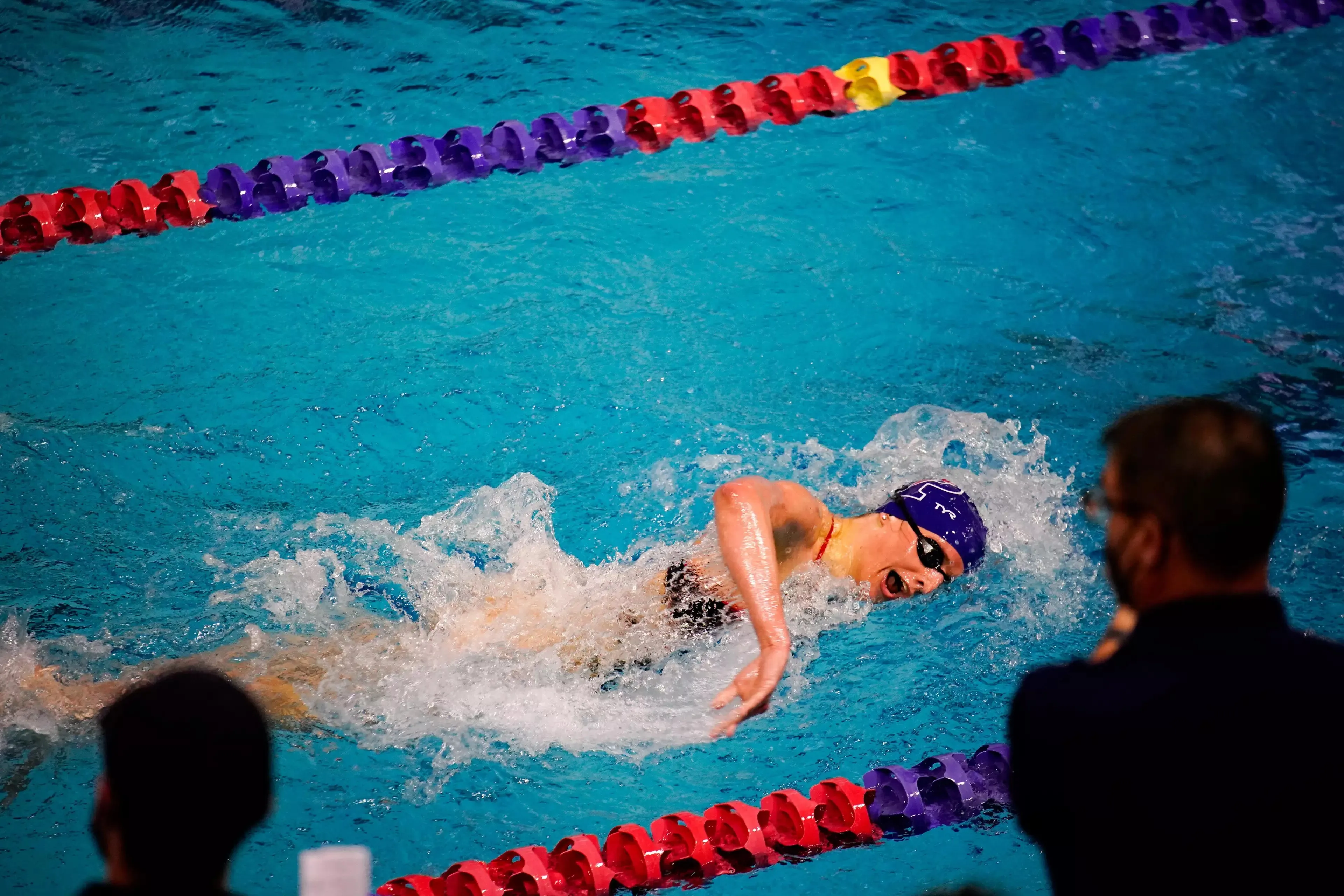In an emotional and powerful statement, transgender swimmer Lia Thomas has hit back at her critics following a significant backlash in the wake of her success in collegiate swimming. After becoming the first openly transgender woman to win an NCAA Division I title, Thomas has faced intense criticism and scrutiny from various groups, particularly in relation to her eligibility and performance in women’s sports. In a candid social media post, Thomas expressed her frustration, saying, “I’m not a man,” and urged others to understand the complexities of her journey as a transgender athlete.
Thomas, who competed for the University of Pennsylvania, has been at the center of a fierce debate over transgender athletes’ participation in women’s sports. Many critics have argued that she has an unfair advantage due to her physical advantages from her time competing as a male swimmer before transitioning. This controversy has sparked widespread debates on gender, fairness, and inclusion in sports, with Thomas often finding herself the subject of heated discussions.

In her statement, Thomas addressed the derogatory comments and misinformation about her transition and her identity. “I’m not a man. I’m a woman. And I deserve the right to compete as such,” she said. “It’s disheartening that my achievements and hard work are continuously questioned simply because of who I am. This isn’t about taking away opportunities from cisgender women; this is about being allowed to participate and being seen for who I truly am.”
The backlash Thomas has faced is multifaceted. Some critics argue that the advantages she experienced as a male swimmer in her early years, even after transitioning, still give her an edge over cisgender female competitors. Others have raised concerns over whether her inclusion in women’s sports could jeopardize opportunities for other athletes. Meanwhile, supporters of Thomas point to the fact that the NCAA and other sports organizations have guidelines in place that allow for the participation of transgender athletes, and argue that she has every right to compete under those rules.
Thomas’ statement has resonated strongly with her supporters, many of whom have applauded her courage in the face of significant adversity. “Lia is a trailblazer who has not only excelled in her sport but also in advocating for inclusivity and equality,” one of her supporters wrote on social media. “Her journey is one that requires immense bravery, and the strength she’s shown is inspiring.”
In her post, Thomas also addressed the emotional toll the controversy has taken on her personally. “There have been days when the weight of the criticism has felt unbearable,” she admitted. “But I won’t let these voices drown out who I am. I am a woman, a swimmer, and I deserve the same respect and opportunities as anyone else.”

The backlash against Thomas has brought to light a broader debate about the inclusion of transgender individuals in sports, especially as more athletes come forward to compete openly as transgender people. It has also raised questions about how sports organizations can strike a balance between inclusion and fairness, as they work to create environments where all athletes feel respected and supported.
While some have been vocal in their support of Thomas, others continue to question the fairness of her participation in women’s swimming. Critics argue that there is still not enough research on the impact of hormone replacement therapy (HRT) on athletic performance, and they believe that more studies are needed to fully understand the effects of transitioning on an athlete’s competitive ability. On the other hand, supporters argue that sports should be inclusive and that transgender athletes should not be excluded based on their identity or past history.
The controversy surrounding Lia Thomas has ignited discussions that go beyond sports and touch on issues of gender identity, equality, and the rights of transgender people. As she continues to compete and challenge perceptions, Thomas remains steadfast in her commitment to her identity and her sport. “I’m here to swim, to compete, and to show that being transgender doesn’t mean I’m any less of an athlete,” she said.

While the conversation about transgender athletes is far from over, Thomas’s story has already made a significant impact, shining a light on the challenges and complexities of gender and sports. Her words have opened up a larger dialogue about the inclusivity of women’s sports and what fairness truly means in an evolving world. For Thomas, this is just one chapter in her journey, and she remains determined to continue pushing for greater acceptance and equality in athletics for all athletes, regardless of gender.






